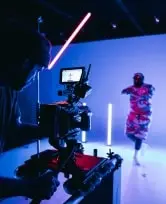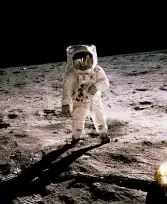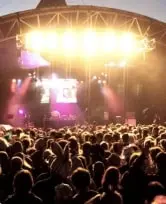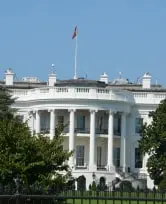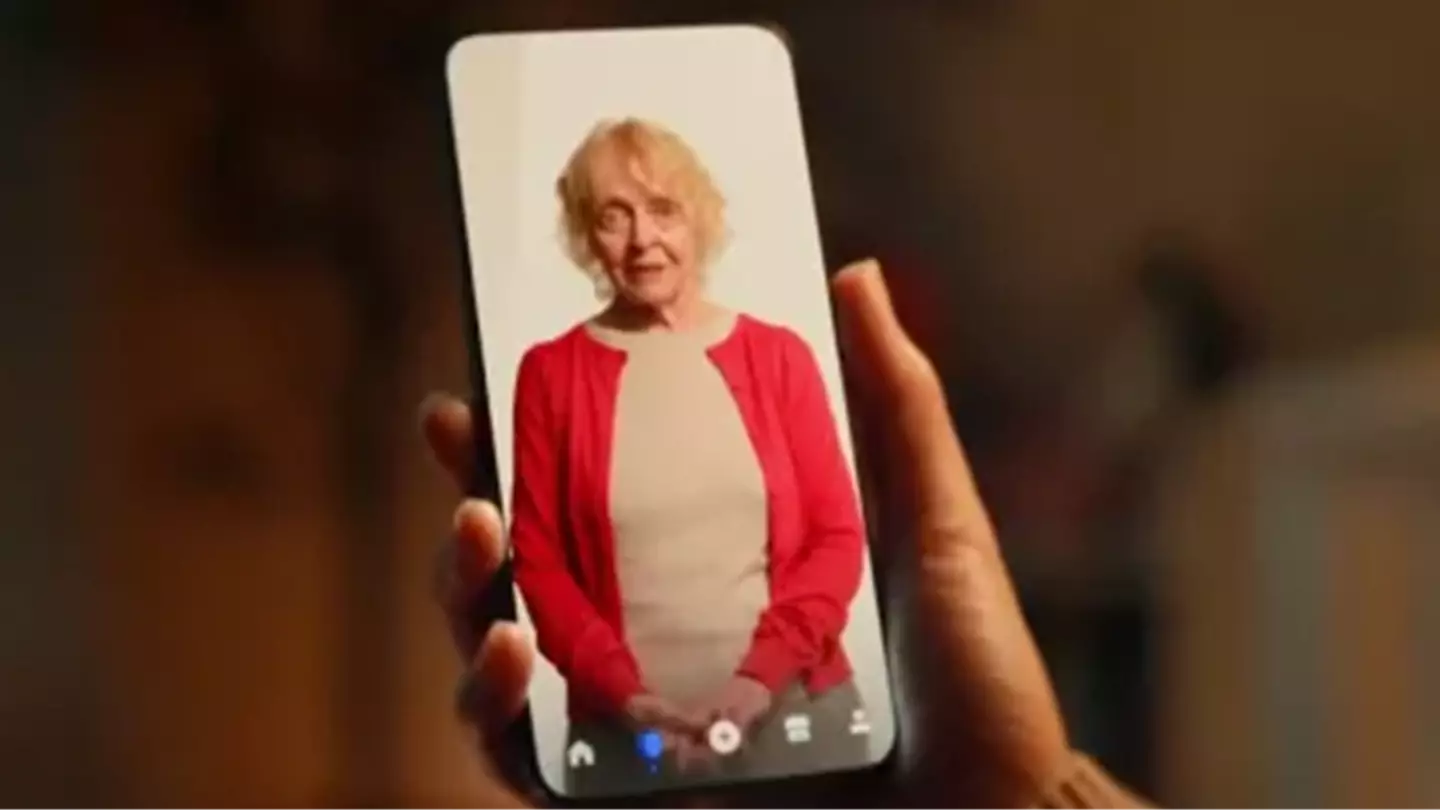
15 Nov 2025


Donald Trump demanded an apology for the edited clip

Trump didn't seem to be happy his wife was getting a warmer reception than he was during a speech at the White House

Donald Trump and Marjorie Taylor Greene have long been allies
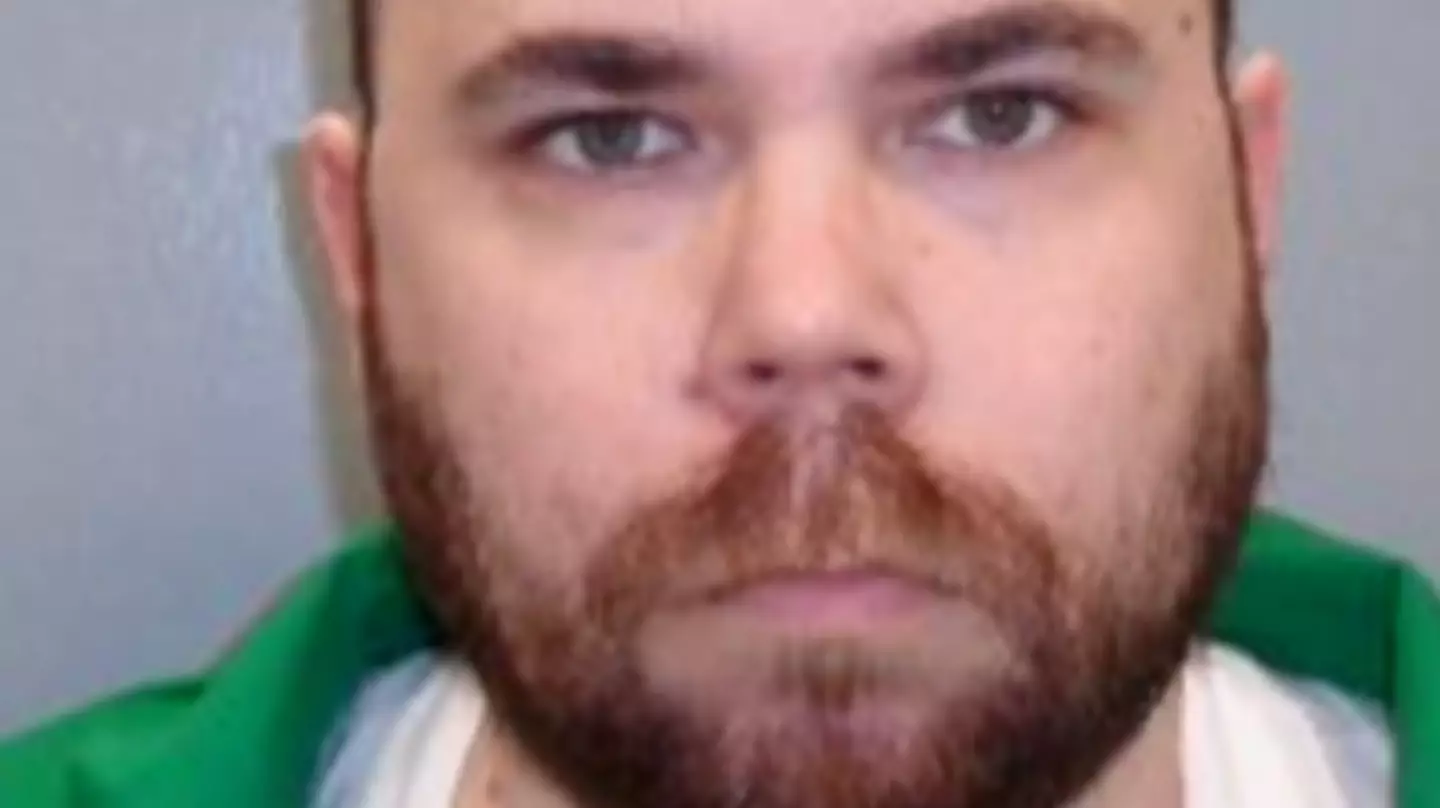
Stephen Bryant was executed in South Carolina after killing three people over the course of five days
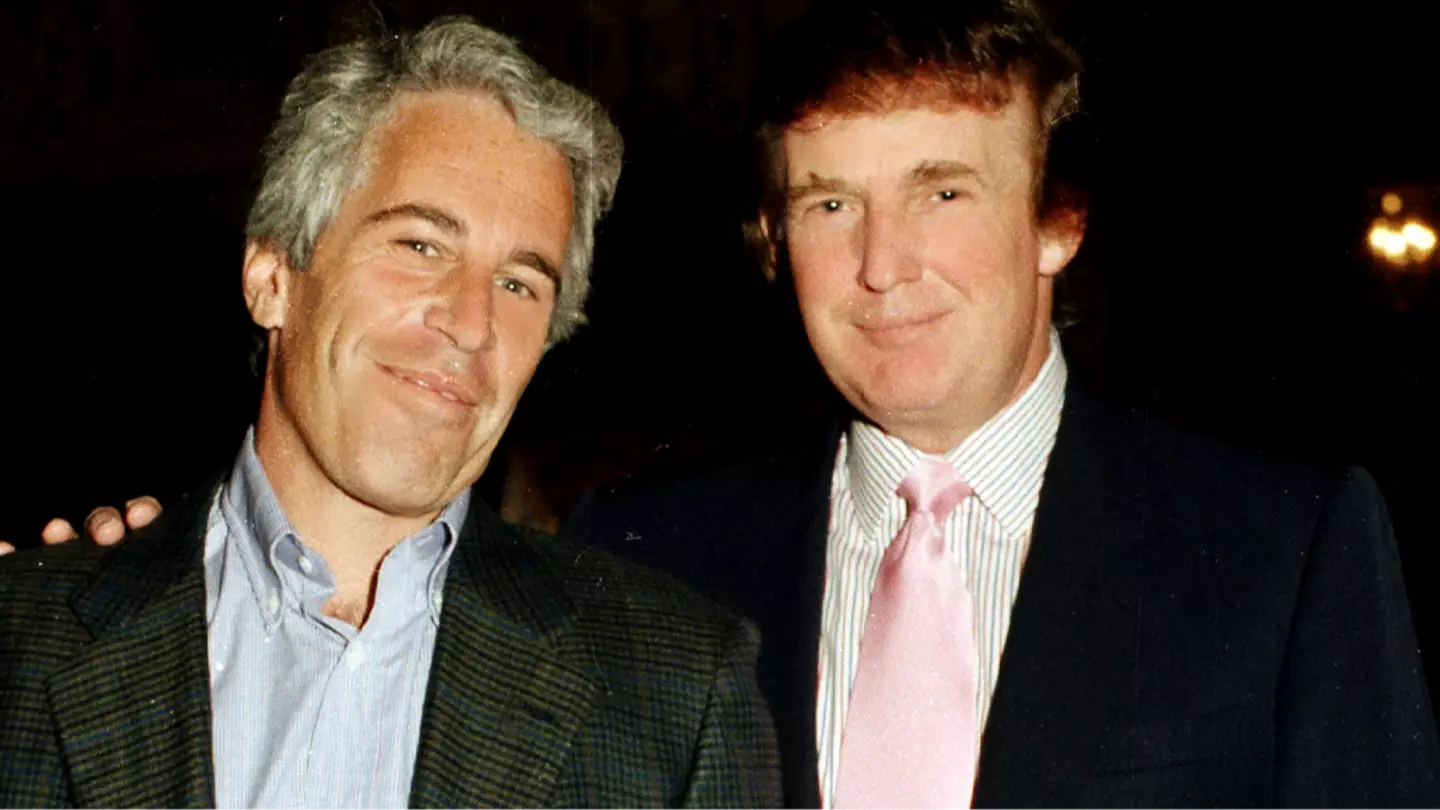
Donald Trump has dismissed these revelations in Truth Social posts
14 Nov 2025

Tremane Wood was scheduled to be put to death yesterday (November 13)

Martha Nolan's body was discovered by police on August 5

Jonathan Thompson is a travel journalist who has visited all 50 states
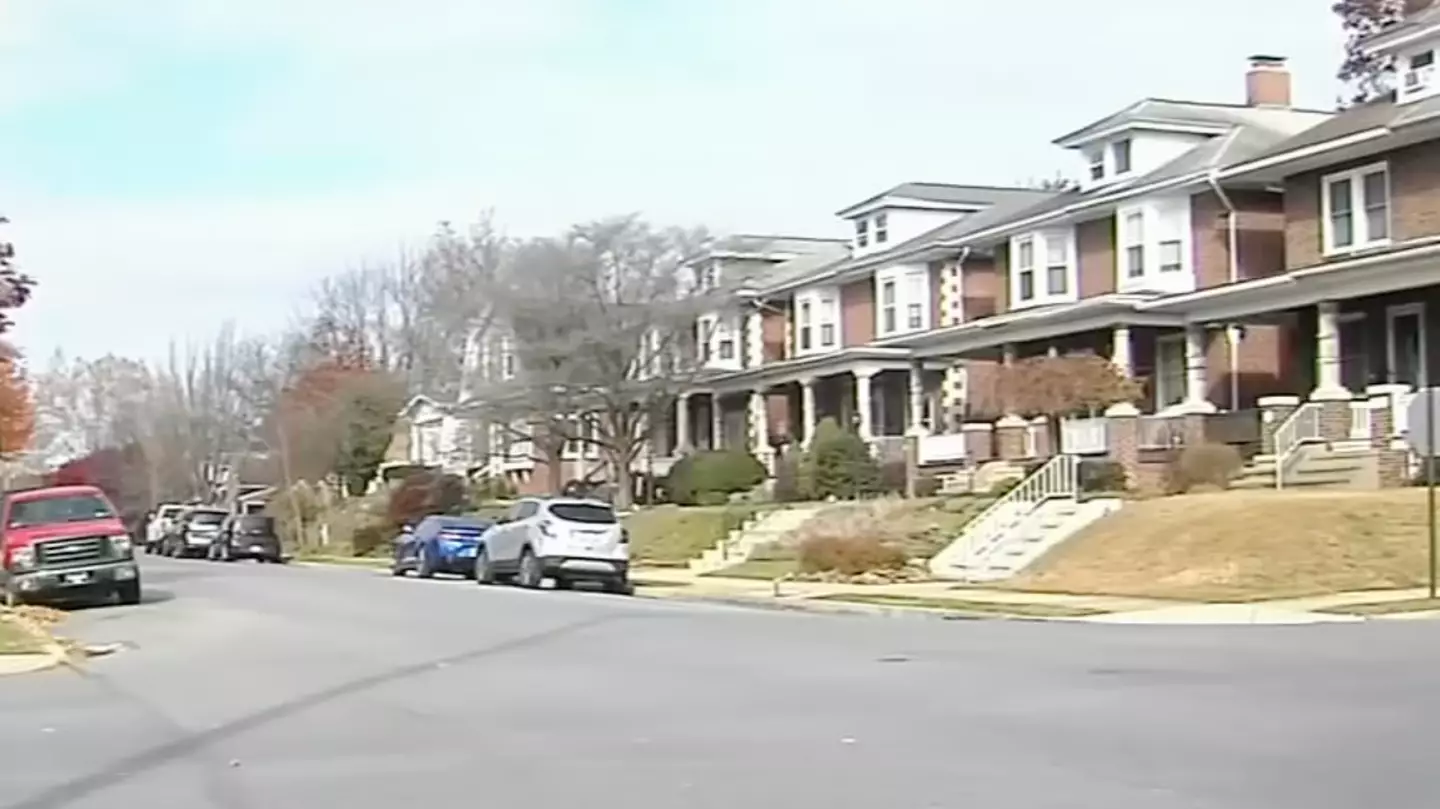
The man reportedly needed surgery after the incident

The president has once again blamed the Democrats for the supposed 'hoax'

Megyn Kelly should be 'ashamed' of her comments, one social media user has said

Melodee Buzzard has been missing since October 9

Danielle Remp allowed her daughter to change her name

The body of Giovanni Pelletier was found in a retention pond with post-mortem alligator injuries
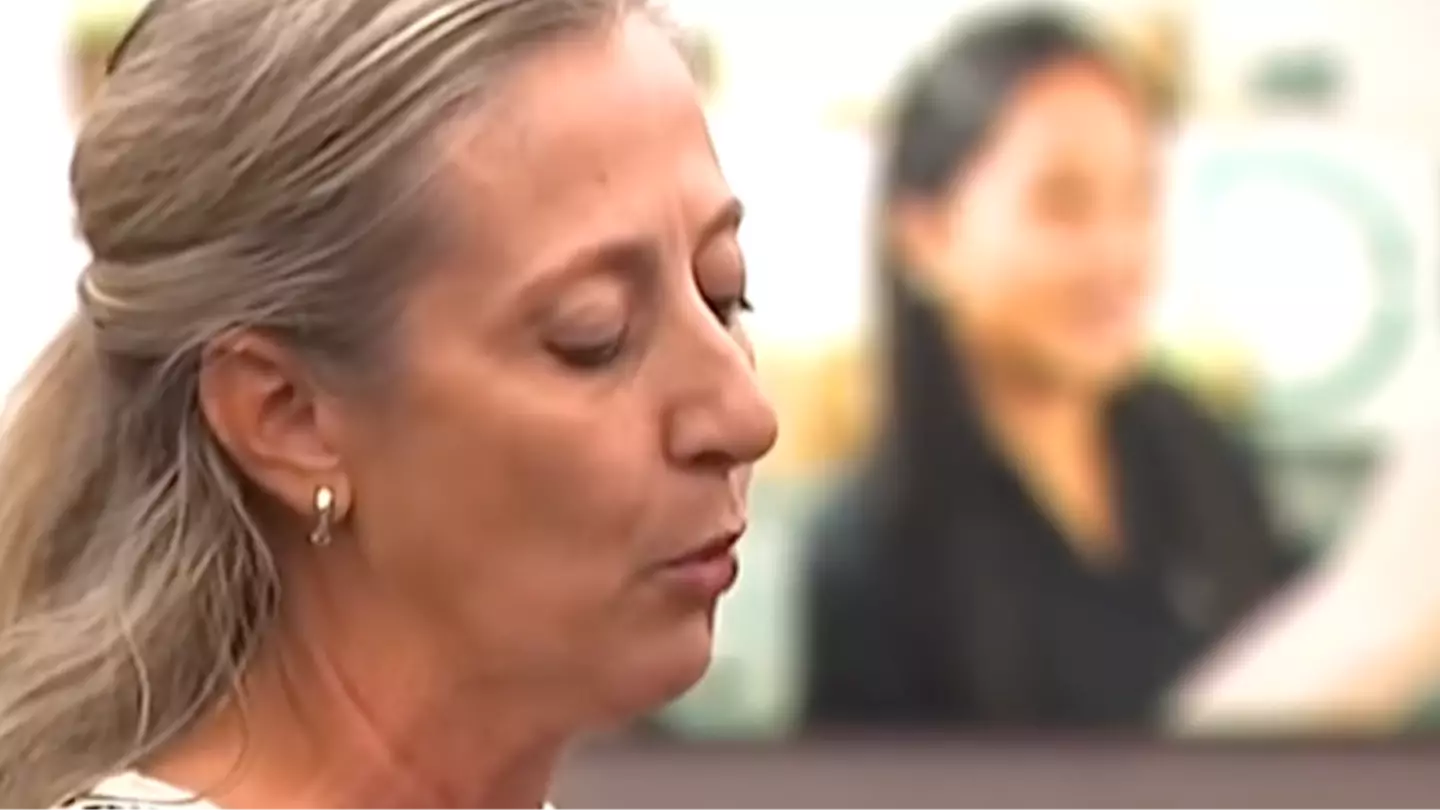
Two former wrestlers at the school are demanding an $8 million settlement, and one is demanding $4 million
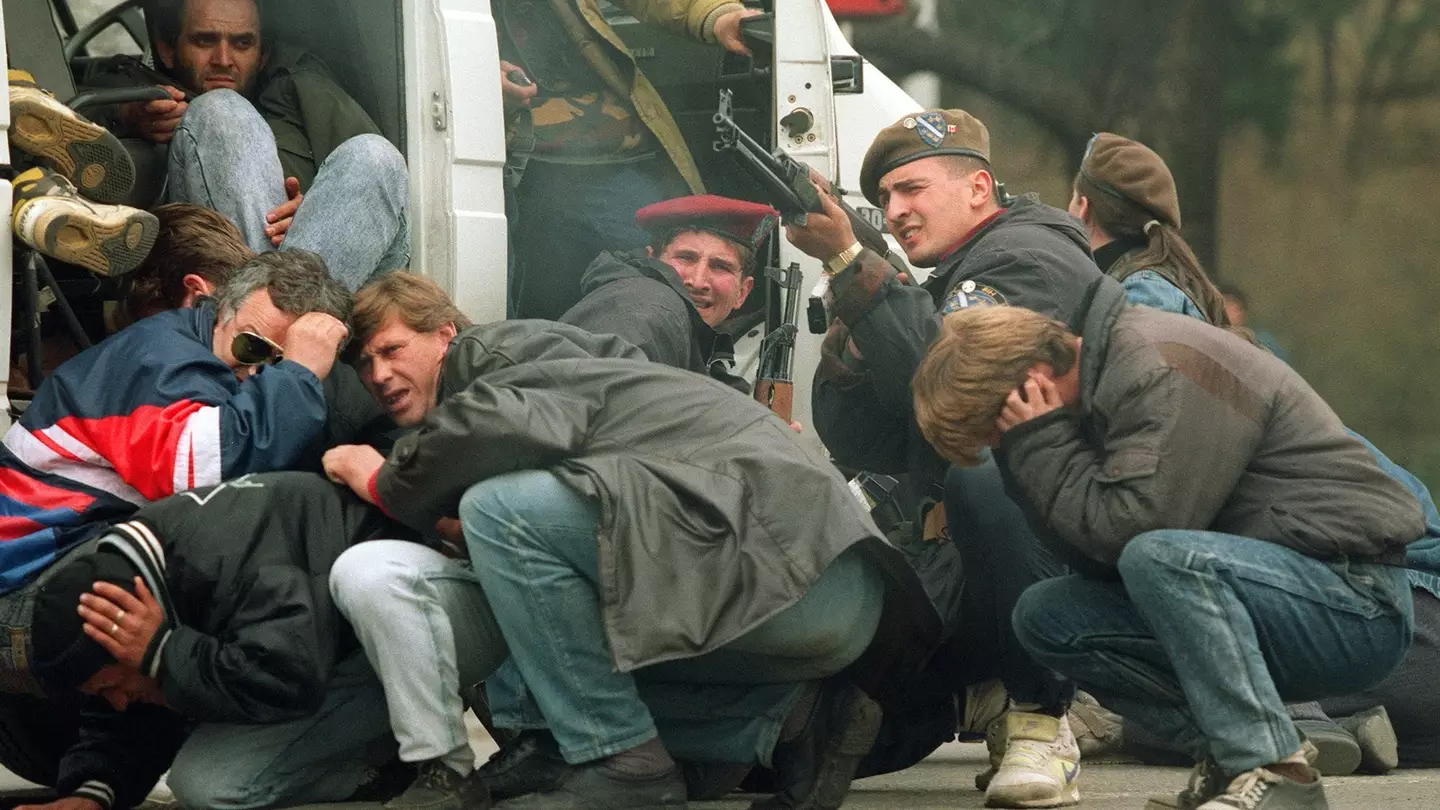
Foreign tourists from around the world are alleged to have traveled to Sarajevo to shoot at civilians during the Bosnian War

It comes as Melania was criticised for her lack of public appearances
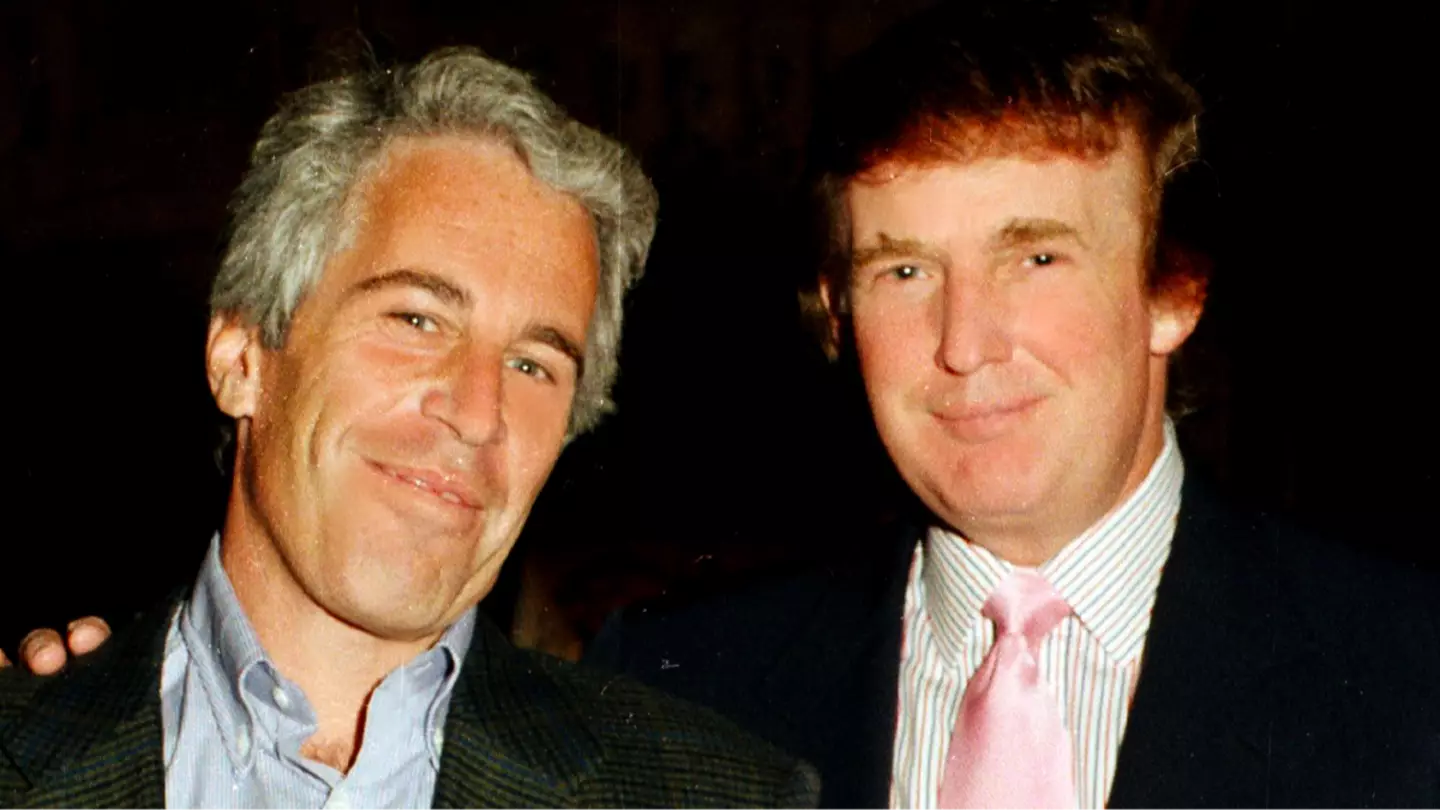
Emails from Jeffrey Epstein have been made public

Michael Duarte was fatally shot by police in Texas
13 Nov 2025

The NBC journalist has come under fire for his remark

Bryan Johnson is a self-described 'biohacker' who is aiming to 'live forever'
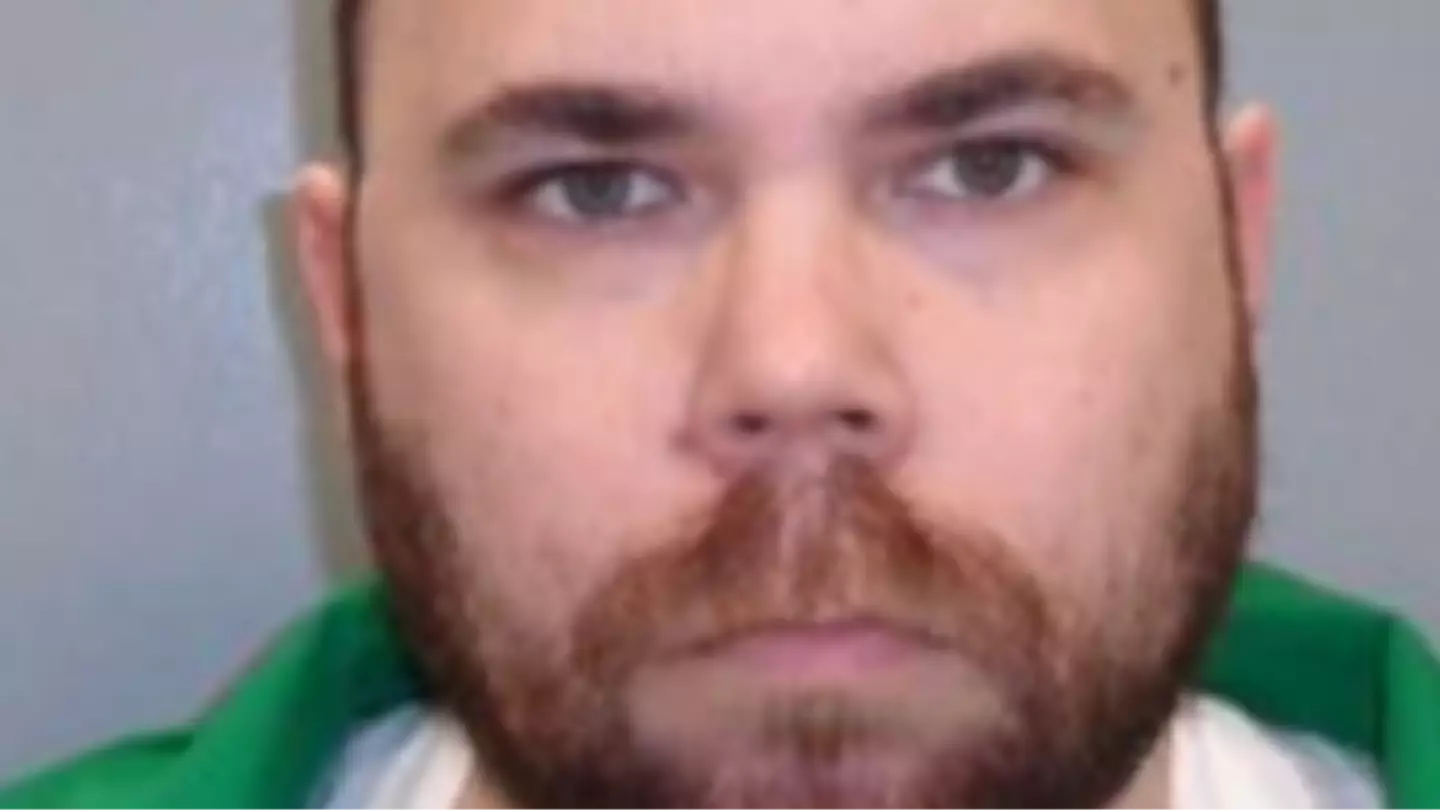
Stephen Bryant went on a murder spree in 2004, during which it is said he wrote 'catch me if u can' in his victim's blood

The emails from Jeffrey Epstein came to light on Wednesday (November 13)

